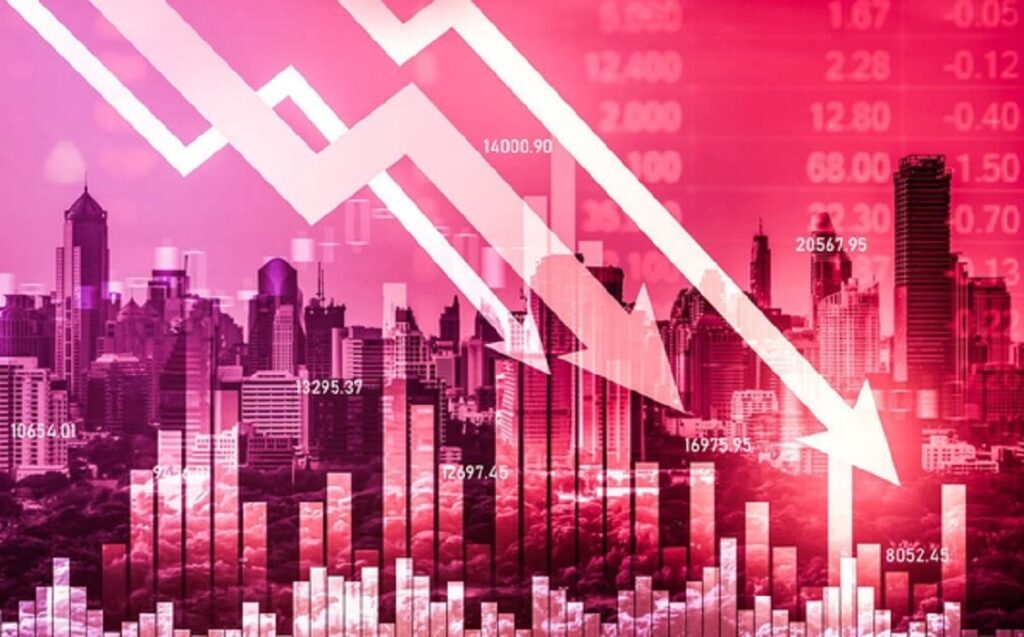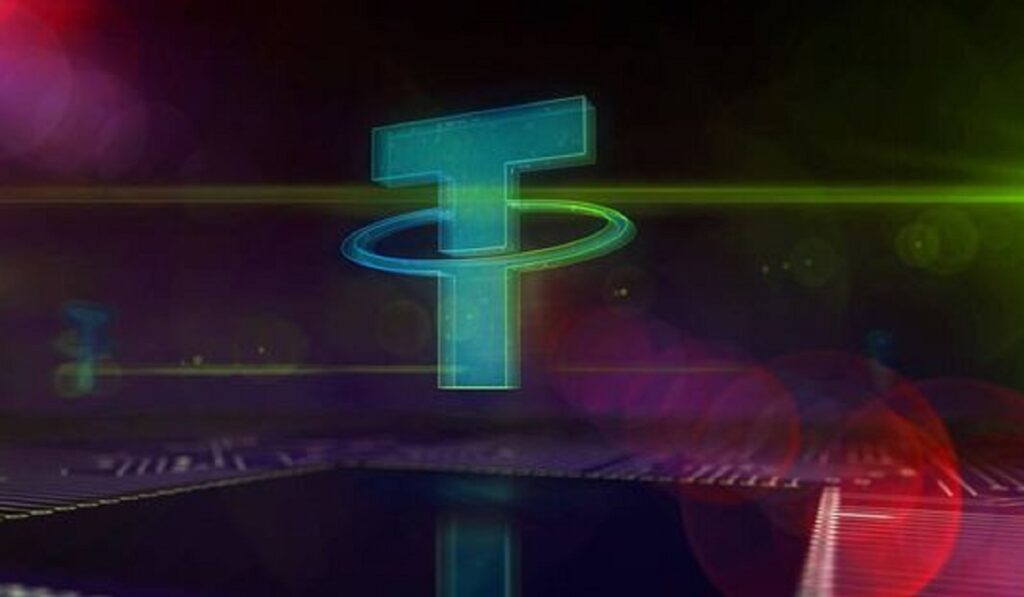The Futures Market: An Overview of Trading Contracts

Finance offers many investment options, all of which cater to different trading preferences and risk appetites. The futures market is a versatile and dynamic trading environment. The futures market allows participants to speculate about the future value of a particular asset. This facilitates risk management and profit generation. This article will explore the basic concepts, technical details, and workings of the futures markets.
I. Understanding the Basics
- What are Futures Contracts? Futures contracts are standard agreements that bind parties to purchase or sell an asset (such as commodities, financial instruments or even cryptocurrencies) at a future price and date. These contracts are traded on dedicated exchanges.
- Futures contracts have multiple purposes. They can be used to hedge against price fluctuations, provide liquidity and facilitate speculation. Individuals, corporations and institutional investors use them to manage their risk exposure and take advantage of market movements.
II. The Mechanics of Futures Trading
- Futures Market Participants: The market for futures is made up of a variety of participants including hedgers, arbitrageurs, and speculators. Hedgers and arbitrageurs are all trying to minimize risk while speculators try to make money from price fluctuations.
- Contract Specifications: Futures contract have certain characteristics. These include the underlying asset (the underlying asset), contract size, date of delivery, location of delivery, and tick size. Understanding these specifications are crucial to effective trading.
- Long and short positions: In the futures markets, traders may take either a buy (long) or sell (short) position. Going long means buying a futures with the hope that the price would rise. While going short is selling a contract in the hopes that the price would fall.
III. The Key Concepts:
- Margin and leverage: Futures trading is conducted using the margin concept, which is a fractional value of the contract that traders deposit as collateral. Leverage allows traders the ability to take a bigger position for a lower capital investment. It can also magnify both gains and losses.
- Mark-to Market: Futures positions are marked-to-market at the end each trading day to ensure fair valuation, and to account for price fluctuations. Market value is used to adjust margin requirements and settle profits and losses.
- Settlement methods: Futures can be settled by physical delivery or through cash settlement. Cash settlement is a financial transaction that involves the value of the contract, while physical delivery requires the transfer of the asset.
IV. Risk Management and Strategy:
- Hedging: Hedgers protect themselves against price fluctuations in the asset they are hedging. A farmer, for example, can hedge against a fall in crop prices by buying futures contracts.
- Speculation: The goal of speculators is to profit from the price movements on the futures markets without any exposure. To identify profit-making opportunities, they rely on fundamental analysis, technical analysis and other trading techniques.
- Spreading involves offsetting positions on related futures contracts. Traders may use strategies like calendar spreads and inter-commodity splits to take advantage of price differences between contracts.

V. Noteworthy Futures Markets
- Commodities Futures: Commodity futures is one of the oldest and traditional futures trading forms. They include a wide range of physical commodities like gold, wheat, natural gas and oil.
- Financial Futures: Financial contracts are based on a variety of financial instruments such as stock indices and interest rates. They also include currency exchange rates, bonds, and currencies. These contracts allow you to gain exposure to these assets’ performance without having to own them directly.
- Futures on Cryptocurrency: Due to the popularity of digital currencies like Bitcoin, Ethereum and Litecoin, futures on cryptocurrency have become very popular. These futures contracts let traders speculate on the price movements for cryptocurrencies such as Bitcoin, Ethereum and Litecoin.
- Equity Index Futures: Equity Index Futures are based on the performance of a particular stock index such as the S&P 500, NASDAQ-100 or Dow Jones. These contracts give traders exposure to a basket or stocks and allow them to speculate about broader market trends.
VI. Futures Market Exchanges
- Chicago Mercantile Exchange: The CME is one of the world’s largest futures exchanges. It facilitates the trading of a variety of futures contracts including commodities, financial instruments and cryptocurrencies.
- Intercontinental Exchange: The ICE is a multi-exchange that offers futures contracts for energy commodities, agricultural goods, interest rates and equity indices. Energy futures contracts are its most notable product.
- Eurex Exchange is a European-based exchange that offers trading in futures and options covering equity indices as well as interest rates and equity derivatives.
VII. 7. Risks and Considerations:
- Price Volatility Futures markets are volatile and can be influenced by many factors, including economic indicators, geopolitical issues, and demand and supply dynamics. Traders must be ready for price fluctuations, and manage their risk accordingly.
- Leverage Risk – While leverage can increase profits, it can also lead to significant losses. Traders should be careful when using leverage, and implement appropriate risk management strategies.
- Market Liquidity is important in trading futures. Highly liquid markets enable efficient order execution, and allow for narrower bid-ask margins. Illiquid markets can make it difficult to enter or exit positions.
- Regulatory considerations: Futures markets must be regulated to protect participants and ensure fair trading. Traders must be familiar with the regulatory framework that governs the futures markets they plan to trade.
VIII. Conclusion:
The futures markets provide traders with a flexible platform to manage risk, speculate on price movements and diversify investment portfolios. It is important to understand the terminology, mechanics and strategies of futures trading in order to be successful. The futures market is a wealth of opportunity for anyone willing to learn its dynamics and navigate it.
Disclaimer: Trading in futures contracts involves significant risks, and it may not be suitable to all investors. This article is not intended to be financial advice, but rather for informational purposes. Before engaging in futures trade, it is best to consult a financial professional.
To make informed decisions on the futures markets, you must always stay informed, be cautious, and continue to educate yourself.






